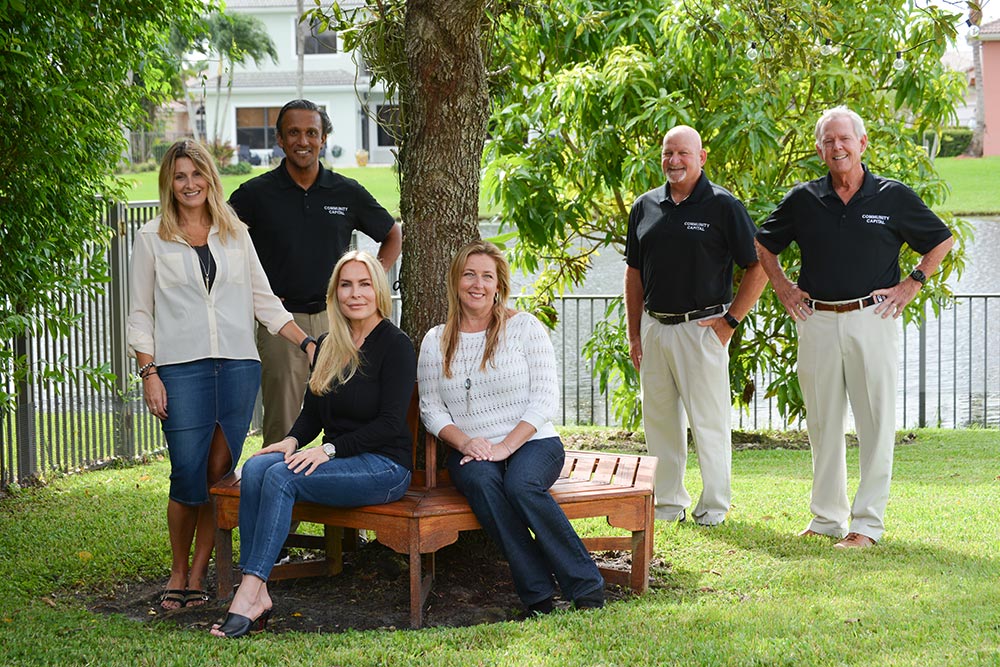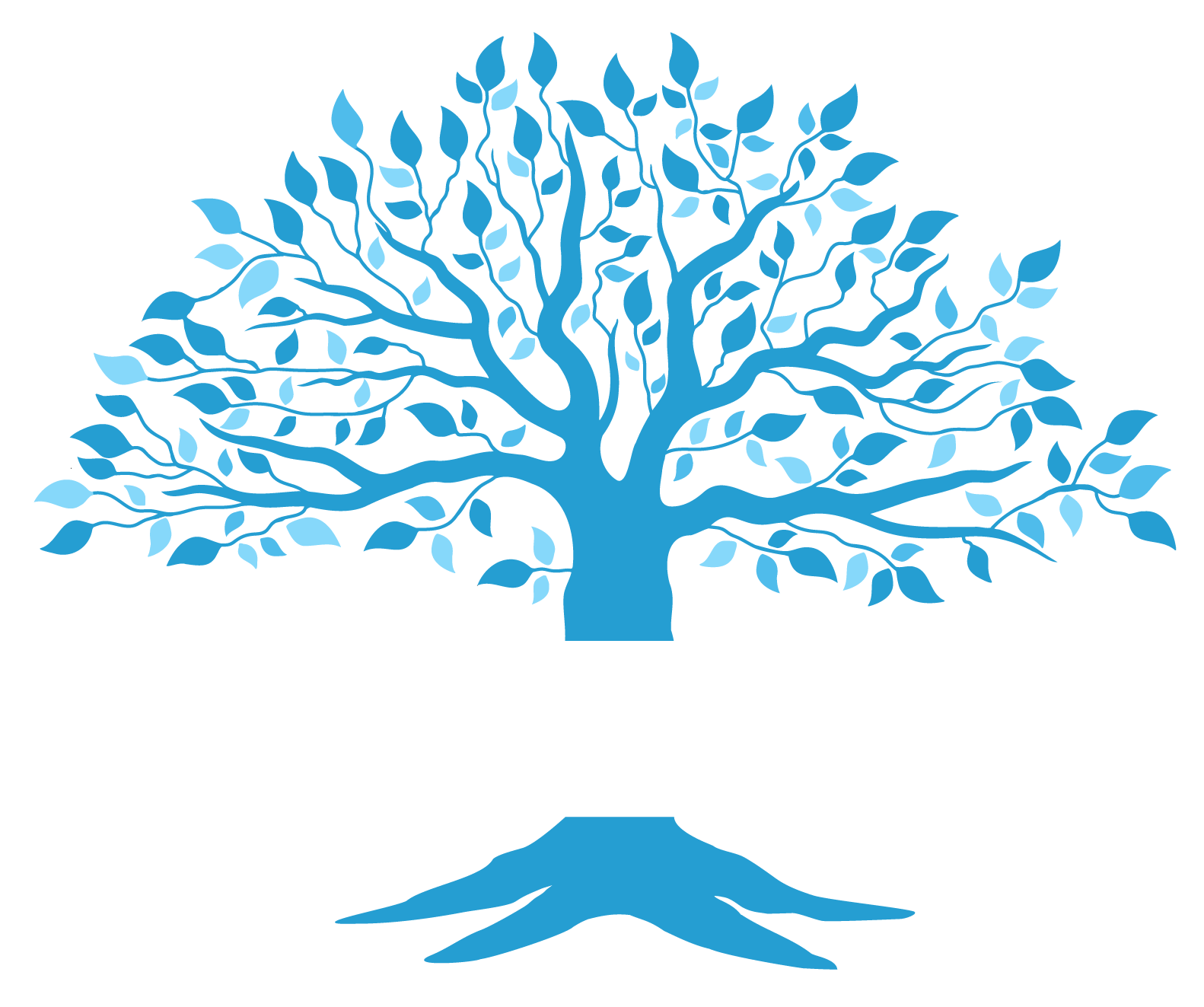Navigating Florida’s real estate market is a challenging yet rewarding endeavor. However, recent changes in the state’s insurance landscape have introduced new complexities for property investors. Understanding these reforms is essential for mitigating risks and maximizing returns.
The Current Landscape of Florida’s Insurance Market
Florida’s property insurance market has long been a topic of concern due to its vulnerability to hurricanes, floods, and other natural disasters. With a history of high premiums and frequent claims, insurers have faced significant financial strain, leading to a volatile market. In response, the state has enacted reforms aimed at stabilizing the insurance industry and providing relief to policyholders.
Florida’s Deputy Insurance Commissioner Virginia Christy recently emphasized the need for a “status quo” approach, focusing on allowing current reforms to take full effect. Speaking at the Florida Chamber of Commerce’s Annual Insurance Summit in December 2024, Christy stated, “We don’t want to have any other tweaks that would set us back from this path we’re on, which is a good path to reform.”
Key Reforms to Consider
- Reduction in Litigation Costs Florida has seen a significant decline in lawsuits against insurers, dropping by nearly 24% in the first nine months of 2024 compared to 2023, according to data from reinsurance broker Guy Carpenter. This trend reflects the impact of reforms enacted to curb frivolous litigation and reduce legal expenses.
- Strengthened Financial Requirements for Insurers New solvency requirements aim to ensure the financial stability of insurance providers, providing more reliable coverage options for property owners and investors.
- Focus on Risk Mitigation Incentives for implementing storm-resistant features, such as fortified roofs and flood prevention measures, are gaining traction. Properties equipped with these features may qualify for reduced premiums, offering long-term savings for investors.
Implications for Investors
As an investor in Florida’s real estate market, here are some important considerations:
- Insurance Premiums: While reforms aim to stabilize premiums, homeowners and investors should expect gradual changes. Budgeting for higher premiums in the short term remains essential.
- Risk Assessment: Evaluate properties for exposure to natural disasters and consider investing in mitigation measures to qualify for premium discounts and protect assets.
- Policy Review: Work closely with insurance advisors to ensure policies reflect the latest legal and financial protections, particularly in hurricane-prone regions.
- Claims Environment: Be mindful that hurricanes like Milton which struck in 2024, will test the durability of these reforms. Early indicators suggest that some litigation tactics have shifted but overall claim-related lawsuits have significantly declined.
Preparing for the Future
The reforms implemented in Florida’s insurance market are paving the way for long-term stability. For investors, staying informed about legislative updates and leveraging resources such as the My Safe Florida Home program can provide added advantages. Moreover, diversifying investment portfolios to include properties with lower risk profiles can minimize potential liabilities.
While Florida’s insurance reforms are a step in the right direction, the market remains in a period of transition. As litigation related to Hurricane Milton unfolds, its outcome will serve as a litmus test for the effectiveness of these reforms. For property investors, understanding these changes and adapting strategies accordingly will be crucial in navigating this evolving landscape.
For more insights into navigating Florida’s real estate investment landscape, and more specifically obtaining financing, contact Community Capital. We’re here to help you make informed decisions and achieve your financial goals.







